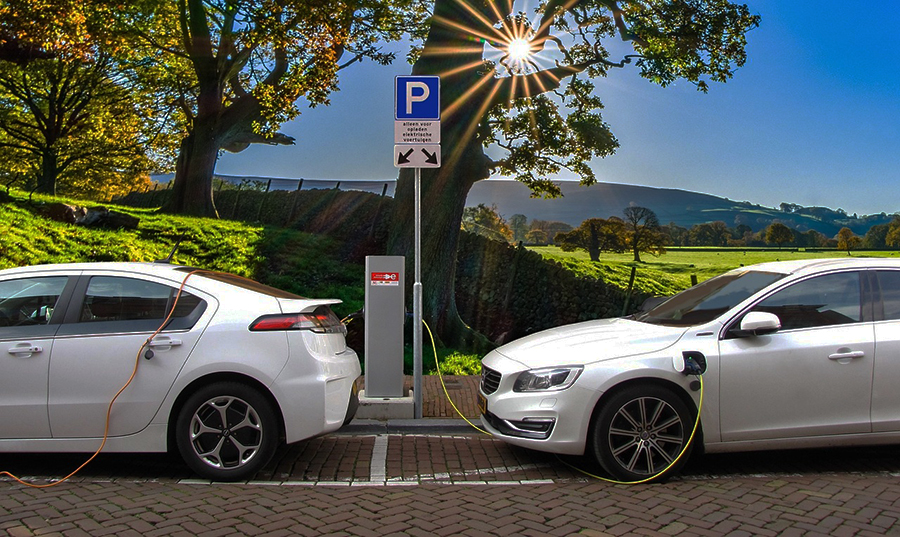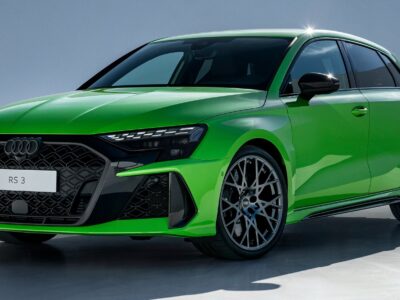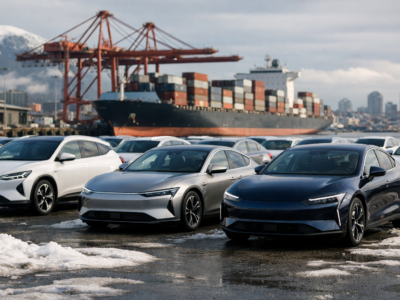
In 2025, electric vehicles (EVs) have reached a significant milestone by representing more than 25% of all new car sales worldwide. This progress reflects not only a growing trend toward transportation electrification but also a strong global commitment to sustainability and reducing pollutant emissions that directly affect the health of the planet and its inhabitants.
According to recent data, electric vehicle sales are projected to exceed 20 million units this year, marking a 25% increase compared to the previous year. This rapid growth is driven by a combination of factors: favorable government policies, including tax incentives and subsidies; technological advances in batteries and propulsion systems; and a growing environmental awareness among consumers, who increasingly value the importance of reducing their ecological impact.
China continues to be the undisputed leader in the global electric vehicle market, with sales exceeding 11 million units annually, accounting for more than half of global sales. The Chinese government has implemented an aggressive strategy to promote widespread EV adoption, with policies that include direct subsidies, tax exemptions, and expansion of charging infrastructure. This commitment has made China a global benchmark in electric mobility and a model for other regions to follow.
In Europe, countries such as Germany, France, and the Netherlands have also adopted similar policies to encourage electric vehicle purchases. Despite efforts, the region faces significant challenges, such as insufficient charging network coverage and certain economic barriers that slow mass adoption. Nonetheless, investments in infrastructure and new emission regulations are driving steady growth in the sector. Meanwhile, in the United States, EV sales growth has been more moderate due to less consistent government policies and a lack of stable federal incentives, although some states are leading their own initiatives to promote electric vehicle use.
The positive environmental impact of this electric revolution is undeniable. Widespread EV adoption significantly contributes to the reduction of greenhouse gas emissions, the primary cause of global warming, and improves air quality in urban areas, where air pollution causes serious public health issues. Moreover, the shift toward using renewable energy sources to charge these vehicles further enhances these benefits, allowing the electricity powering EVs to be increasingly clean and environmentally friendly. This directly relates to sustainable practices and many people’s commitment to eco-friendly and responsible lifestyles, promoted on platforms dedicated to environmental awareness and energy saving.
Despite this progress, the electric vehicle industry faces important challenges, especially regarding the battery supply chain. The growing demand for critical materials such as lithium, cobalt, and nickel raises concerns about sustainability and the environmental impact of their extraction and processing. These challenges necessitate seeking more sustainable alternatives, such as battery recycling and developing new technologies that reduce dependence on these limited resources.
Looking ahead, the trend toward transportation electrification is expected to continue growing exponentially. Technological advancements that improve battery capacity and efficiency are anticipated, along with expanded and improved charging infrastructure. Additionally, government policies are expected to become more coherent and ambitious, boosting EV adoption in both emerging and established markets.
This remarkable growth of electric vehicles and their increasing market share clearly reflect the global commitment to technological innovation and sustainability. Although challenges remain, the path toward cleaner and more efficient mobility is well defined and steadily advancing. At the same time, this transformation in the automotive industry closely connects with the need to adopt sustainable habits and practices in all areas of life, from responsible consumption to efficient resource management, contributing to a healthier planet for future generations.







